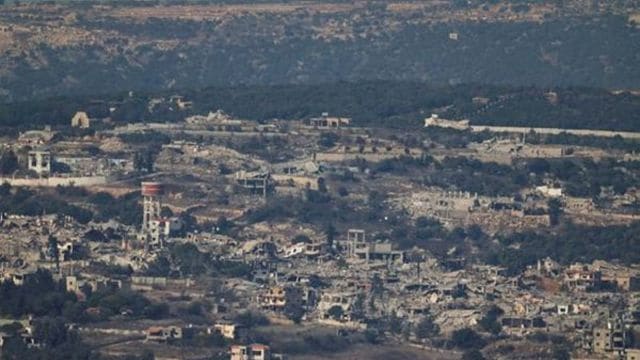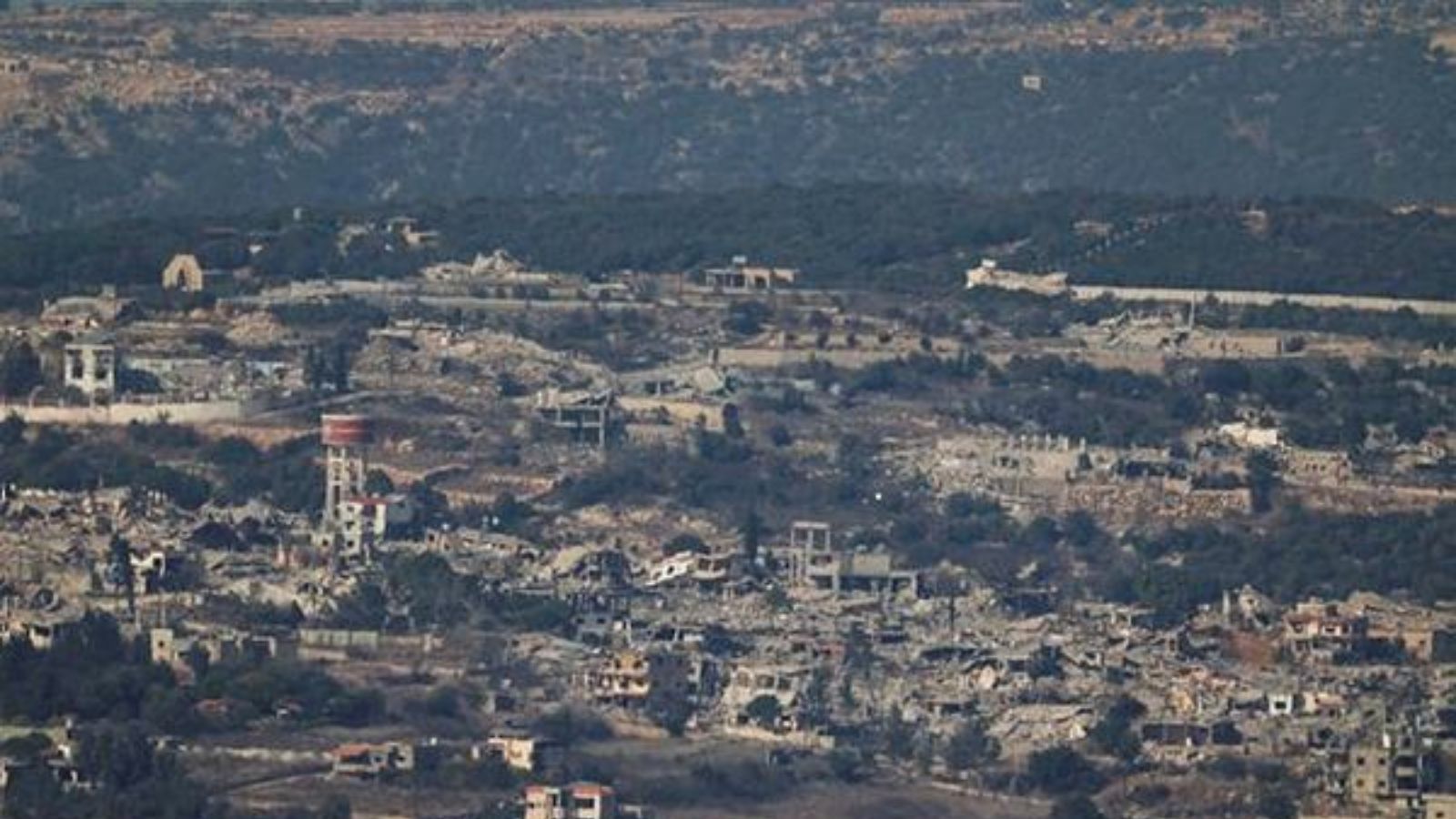
Last week, India expressed concerns at the deteriorating situation along the “Blue line”, the United Nations (UN)-recognised boundary between Lebanon and Israel. This came after two Sri Lankan soldiers and two Indonesian peacekeepers were wounded in separate incidents following Israeli strikes near Naqoura and other nearby positions in southern Lebanon between October 10-12. India, initially not among the co-signatories, also backed a joint statement issued by 34 other United Nations Interim Force in Lebanon (UNIFIL) — contributing countries and urged the inviolability of UN premises by all members.
Why India’s condemnation matters
Since November 1998, India has been providing an infantry battalion group to the UNIFIL forces, which was established in March 1978 to patrol the area between the Litani river in southern Lebanon and the Blue Line. Its mandate initially was to assist the government of Lebanon to maintain authority and restore peace and security following the South Lebanon conflict, and to monitor the withdrawal of Israeli forces from southern Lebanon. However, its mandate expanded since the 2006 Israel-Lebanon war, following which the peacekeeping forces helped to clear arable land from mines and cluster bombs while preventing civilian casualties across the border. Currently, there are around 903 Indian troops as part of a 50-nation, 10,000-strong peacekeeping force, which makes it the third-largest number of troops in UNIFIL after Indonesia and Italy. The Indian troops are mainly deployed in the eastern battalion located in southeastern Lebanon while other personnel are deployed at the UNIFIL headquarters at Naqoura.
India, which is a major troop-contributing country, initially refrained from supporting a letter signed by 104 countries, including members from much of the Global South such as Brazil and South Africa, which “condemned Israel” for banning UN Secretary-General Antonio Guterres from entering Israeli territory. The letter was a response to Israel declaring Guterres persona non grata on October 2. This order, issued by Israel’s Foreign Minister Israel Katz, came after the UN Secretary General’s perceived failure to “unequivocally” condemn the October 1 Iranian missile strikes on Israel. This decision, though not entirely unexpected considering India’s previous voting record of largely abstaining on the Israel-Palestine conflict, has drawn attention due to the letter’s focus on defending the UN and its leadership. This was interpreted as New Delhi’s failure to strengthen its critique against escalating tensions in West Asia and its ability to reinforce the Global South’s collective stance on international issues.
India’s latest condemnation thus highlights a considerable shift from its earlier stance over the issue, marking a notable change in its overall tone towards the ongoing hostilities in West Asia. For a country aspiring to be the leader of the Global South, it seems that New Delhi appears to have awakened to the need to balance its strategic security interests with broader humanitarian initiatives in the region. The large number of Indian troops under UNIFIL also remains a vital element of India’s presence in the region and why New Delhi now feels the additional pressure over their safety and the implications of their situation.
The way ahead
Since mid-September, Hezbollah and Israel have exchanged drone, artillery and air strikes across the border almost daily, which has in turn caused a major increase in displacement and civilian casualties. The peacekeeping forces have continued to engage with both Lebanese and Israeli authorities to urge them to contain the conflict while maintaining active engagement for overall stability across the border. However, the recent strikes on the UNIFIL forces have drawn international attention including from India, due to their detrimental impact on peacekeeping efforts with peacekeeping forces being caught in the crossfire between Israel and Hezbollah.
Although the rhetoric may appear temporary, India’s expanding foreign policy objectives in the region necessitate greater caution in its peacekeeping efforts in Lebanon. Timely intervention is crucial to ensure the safety of both its troops and the local civilians.
Furthermore, New Delhi should ensure that international attention continues to be focused on this volatile area between Israel and Lebanon with efforts directed at working towards a new peace mechanism in which all the actors involved can finally reach a realistic and viable agreement. This can include raising the issue of accountability similar to the resolution it had introduced at the UN Security Council (UNSC) in December 2022, calling for accountability for all acts of violence against UN personnel serving in peacekeeping missions. Without such an initiative, Indian participation in the peacekeeping mission in Lebanon will mean having taken a risk for strategic and moral reasons, but one that bears no lasting impact on the international security environment.
The writer is currently involved with the Migrant Workers Protection Society in Bahrain. She has previously worked with the Centre for Airpower Studies, New Delhi as a research analyst.



